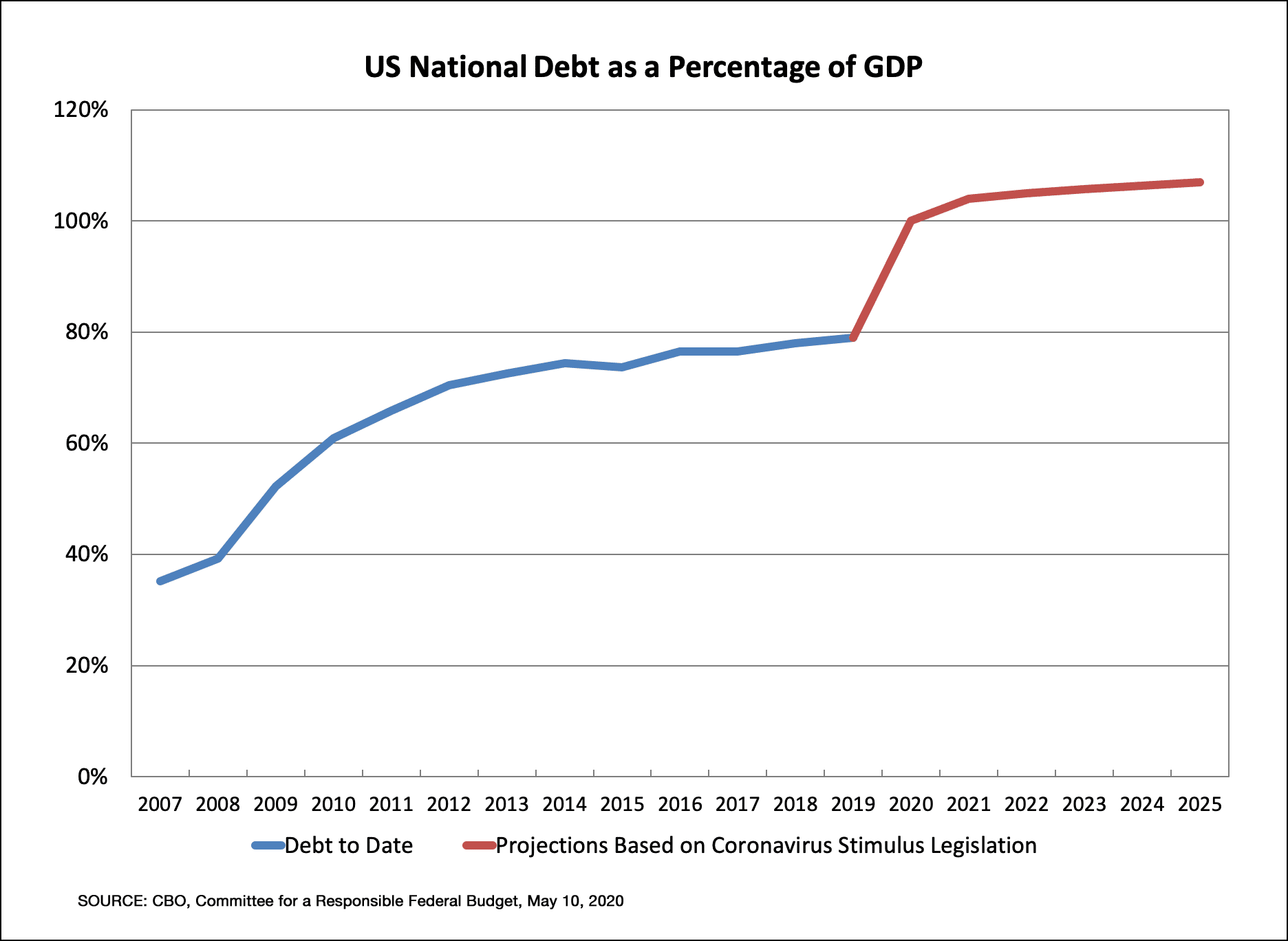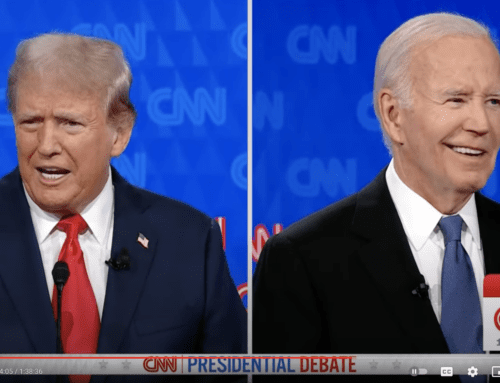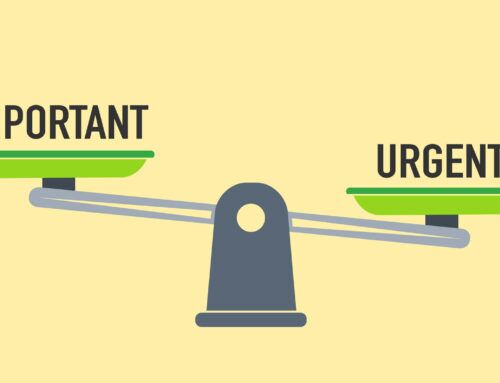
My sister has, at different times in our lives, been an honest and constructive critic of my writing. In fact, though she would not know this, she has been a major influence on how I think about writing. So when she emailed to tell me that, among other things, my last post was biased in some places, I could not deny it.
In fact, I responded that the entire post was biased and that, perhaps, the areas that she perceived as biased might be the areas where she thought differently from me. It turns out, though, that she was just cautioning me that some parts of the post seemed overly political, which might invite accusations of bias. Because, sadly, that’s the world we live in. To some people, if you disagree with their worldview or have a different perspective on topics like voting rights, our current stay-at-home guidance, or the president of the United States, then you are biased and, therefore, your viewpoint can be dismissed rather than carefully considered.
So be it.
Which brings me to Senate Majority Leader Mitch McConnell and his sudden concern over “the future of the country” in response to the prospect of another stimulus package and the additional debt it would create.
McConnell’s partisan bias has inserted the politics of the national debt into efforts to limit damage from the COVID-19 pandemic and economic crisis. While concern over our national debt is certainly warranted, McConnell’s motivation in raising it – suggesting that debt should now be our priority and not the passage of another stimulus package – is suspect, given his partisan track record:
- McConnell regularly expressed concern about the Affordable Care Act’s impact on our national debt, raising the point time and again (while seemingly ignoring the people that the ACA was designed to help). Yet, we heard not a peep from McConnell about the debt when Congress passed the Trump tax cuts at the end of 2017, which were estimated to add $1.8 trillion dollars to the debt over 10 years. And the cuts have been roundly criticized for failing to deliver the economic growth that its supporters promised.As Maya MacGuineas told NPR last December, “The tax cuts were never going to — and have not — come anywhere close to paying for themselves.” MacGuineas is president of the Committee for a Responsible Federal Budget.McConnell’s partisan bias in favor of small government and lowering taxes for the wealthy enabled him to overlook the long history that informed MacGuineas’ view and make such patently false claims.
- If McConnell was truly concerned about the debt, why didn’t he insist on more accountability in the first coronavirus stimulus bills to make sure the money was being invested for the intended purpose and not given to those who need it least? The CARES Act included a tax break for people making more than $1 million a year that is estimated to cost the government over $90 billion dollars. The tax break had been opposed by Senate Democrats; McConnell had his chance to support the opposition but chose not to.Furthermore, where were his protests when President Trump fired Glenn Fine, the Inspector General appointed to oversee accountability for the spending bills? It was only exposure in the news media that compelled large, publicly held companies like Shake Shack and Ruth’s Chris Steakhouse to return money they obtained through the Paycheck Protection Program, a program that was set up to support small businesses.
The national debt is a serious concern, not a partisan volleyball that can be used to strike down policies that McConnell does not support.
When it comes to Mitch McConnell, am I biased? You bet I am, and for good reason, but I am not partisan.
When it comes to the national debt, I defer to experts and experienced policymakers of both parties who agree that spending our way out of economic crises like this is the tried and true – and most effective – way of restoring jobs and, eventually, growth. Even the Committee for a Responsible Federal Budget, a fierce proponent of debt reduction, agrees that now is not the time to play politics with relief legislation.
In a statement released soon after the country started implementing lockdowns, the Committee’s MacGuineas said, “This is a national emergency, and it is exactly the kind of time when we should borrow money as necessary to help deal with this emergency. While it’s unfortunate we are entering this crisis already over-indebted and running trillion-dollar deficits, this is not the moment to let our large deficits stand in the way of responding quickly and aggressively.” MacGuineas has stood by this view even after passage of the first four stimulus packages.
The Committee, at least, understands that accountability must still be part of the job, and so, in mid-April, it launched the COVID Money Tracker. Just as it tracked the stimulus money spent during the 2008-2010 recession, it is now committed to tracking all money spent through current and anticipated relief and stimulus legislation, so that once the crisis is passed, there can be some accountability – whether or not Mitch McConnell advocates for it.
NOTE: The Committee is one of our Content Partners, meaning it has contributed its expertise to reviewing some of our content.
More Viewpoints
Have a Suggestion?
Know a leader? Progress story? Cool tool? Want us to cover a new problem?




